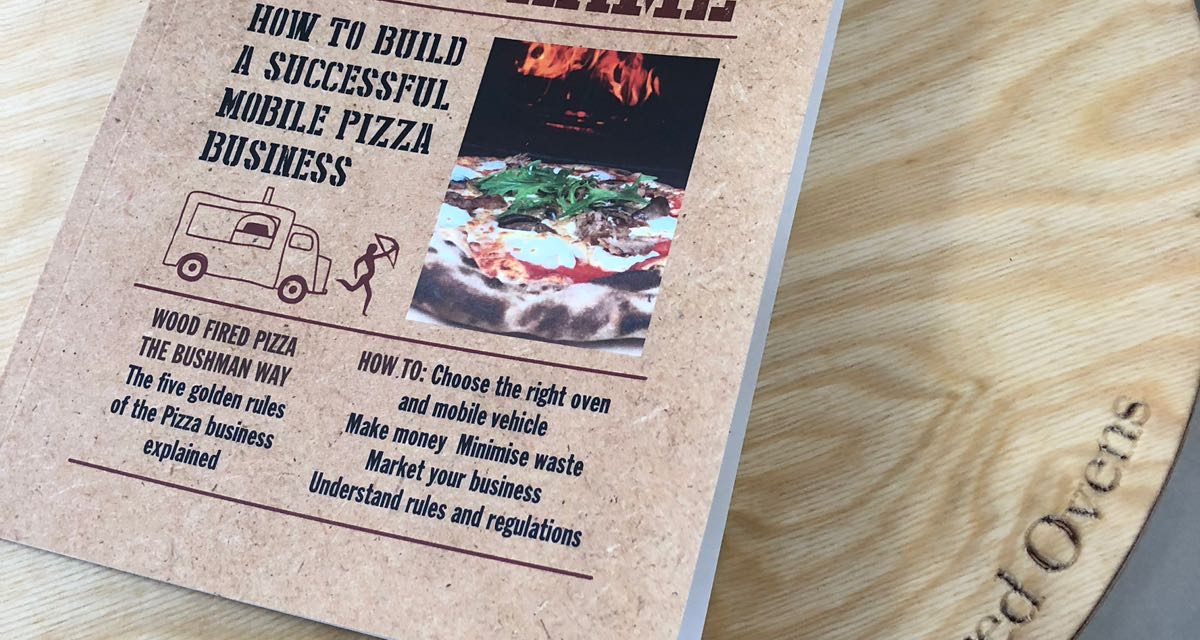STEVE MATTHEWS INTERVIEWS JAY EMERY
Hello everyone, welcome to another edition of Up Close & Personal for the Renegade Magazine. And also, today, we’re getting videoed as well, which is nice. Full technology today. So today sees me sitting in an unbelievable location in rural Worcestershire and I’m surrounded by fields and in a structure that can only be described as unique. I’m sure that you’ll hear more about the venue in due course and I’ll include a picture for the magazine. My guest today is as unique as the structure we are in… I think it’s fair to say that. And in my opinion, he’s one of the most interesting characters in the Renegade Faculty that I’ve ever met. I have to be careful here because this gentleman has had such a diverse life, we could spend about 2 days just talking about the experiences and job roles as he travelled the globe. But again, we’ll hear more about that over the next hour or so I’m sure. So as means of build-up… Brought up in a farm in South Africa, struggled through school due to dyslexia, from there to National Service in the South African Army, but had a dream to be a ski instructor. Yes, I know that’s pretty tough to piece the two together so I’m sure my guest will help us make sense of that transition. So, from farm boy to army, to ski instructor to street entertainer and magician, there are many stages in between but today he’s known as the Wood Fired Oven Pizza Guru. He now runs a hugely successful business that builds premium clay wood fired pizza ovens; he has a mobile franchise module that is ready to roll out and has just started an oven building school and is also launching Pizza for Profit which is a business coaching platform for mobile caterers. He is definitely someone who thinks outside the box, his ability to innovate and circumnavigate obstructions never ceases to amaze me and I hope I can do this guy justice today. I think this is possibly the longest introduction ever, but in truth I could have gone on forever, but I think I’d better get him talking before he bursts. So, it gives me great pleasure to introduce my friend and co-Faculty member, the Sultan of the Slopes, the Oligarch of Ovens and the Prince of Pizzas, Mr Jay Emery… Jay, how are you today?
Jay Emery: Hey Steve, man what an introduction… That must have taken you hours to write, little alone the research you must have done to find out about my history. Yea, it’s certainly been an interesting life and I’ve loved every minute of it, so thanks for this opportunity. Steve Matthews: No problem. So, I mentioned a load of things in that introduction and I’m sure we’re going to cover them all, some in more length and some in less details, but let’s start from the beginning, the early days, South Africa. Brought up on a farm in South Africa, is that right?
JE: It was more of a small holding on the outskirts of Johannesburg, but when you’re a kid, nine and a half acres is pretty big. And also, having to milk the cows and pasteurise the milk to make pocket money kind of kick starts the entrepreneurial spirt. So, I have my folks to thank for that… I was always as a kid dreaming up some kind of scheme for making some extra pocket money. And yea, the farm kind of gave me that yearning for the love of the outdoor space and I mean South Africa, in its own right, when I was a kid was just an amazing place. It probably still is an amazing place, I haven’t been there for such a long time, but when I went back to see my Dad just before he passed on, it wasn’t the South Africa that I remember… But, hey ho, we are where we are now and very happy with what’s happened, and it does all stem from that South African entrepreneurial spirit where, if you don’t get on with it, you die. It’s quite simple, we don’t have in South Africa a support network for health care, we don’t have a support network for benefits, so basically, you either work or you die. It’s as simple as that.
SM: You mentioned there about some of the schemes to make extra pocket money, can you remember any?
JE: Oh man! My sisters had horses when we were kids and I kind of did the riding thing, but it didn’t really interest me and so my Dad was at kind of ones and twos of how to fair the game or make the game fair. The sisters had horses so what are you going to have? We looked at having a go-cart and I thought that would be cool and then my Grandfather was a great inspiration, he was a true entrepreneur in the real sense of the word in South Africa and we kind of looked at getting a lawn mower. I thought that if I got a lawn mower, I could go and cut the neighbours grass and if I got a sit on one, I could do it a lot faster because pocket money was made out of pushing a hand lawn mower over about an acre and a half of front garden and it was a ball ache. So, the idea of getting a sit on lawn mower was just a fab idea and one that meant I could make profit. Unfortunately, shortly after that my folk’s business went into decline and I never got that, but I was really young then and my sister had just started work at the local drive-in, the cinema house, and she used to flip burgers there but obviously I was too young to work there, so I just used to go down and wash windscreens. I’d knock on the side of the car if the window looked dirty and started washing windscreens to get some extra money. I thought if they could see clearly what they were watching, then that would be a good investment, a good way of making money. I didn’t realise that at that age, you didn’t really go to the drive to watch the movie, you went with your girlfriend and so I got plenty of, “bugger off ” or “stop disturbing us” kind of stories, or in actual fact, if I just stayed there, they just gave me the money to rid of me, so they could get on with their shenanigans. There were loads of stories like that, for instance when I was in the army, you weren’t allowed cameras in the army… I always ignored all the rules, I used to take the camera into the base with me and take photographs of all the beds, the inspection beds, and I remember on my first pass home, the first leave I got, I spent the whole of the 3 or 4 days in my dark room developing all these pictures that I then sold as soon as I got back to barracks. And I actually got an email from a friend of mine in America, the middle part of last year. He touched based for the first time in a long time, we were in Officers training together, and he said, “Jay, you know the picture that you took of me next to my inspection bed, is still next to my bed to this day”… As one of the memories of our youth basically. It’s those kinds of memories that I cherish, and the fact that I could help people do something different and remember something different.
SM: Perfect! You obviously jumped into the army there… So, you obviously had to do National Service in South Africa?
JE: Yea, in South Africa, National Service was conscription based when I did it.
SM: Is there still National Service?
JE: No, it ended 2 years after I left, and lot people knew that it was going to end and so kind of delayed their entrance into the army. I didn’t, I didn’t go to University, I didn’t go to College, I went straight out of school into National Service. I was sixteen when I went into the army. It was without a doubt, the harder period of my life. I remember my friends saying when they’d been through National Service, “Jay, it’s a complete waste of time”, “Why do you want to waste time in the army, it’s just bloody stupid”, “What you want to do is, you want to go in and be a private, you want to go in and work in an environment where somebody tells you what to do, and do as little as possible. Get the 2 years behind you as quickly as you can, so you can get on with your life”. That’s not the way I saw it. When I was a kid I was bullied, I was the loner in the group, I was an outcast. I had very low confidence. I had quite extreme learning difficulties, and while I was probably one of the more intelligent people in the class, and the person that people would come to ask to solve complex problems in both chemistry and science, which were my two favourite subjects, I could never write the answer down. So, when I came into an exam situation, it was a nightmare. So, going into the army then was even harder, but I think in life, whatever you put in, you get out. So when I went into the army, I saw a 17 year old Lieutenant being saluted by a Regimental Sargent Major who’d been his whole life in the army, and I thought to myself, why do I want to be running around being told by somebody what to do, if at 17 I can get somebody who’s been in the army for 17 years to salute me, and right from literally the first week, I’d set an aim to be an Officer. I didn’t know in any name, shape or form what that entailed… I think if I had known, I probably wouldn’t have done it, but I did set my target to do that and I did everything in my power to rise to the challenge. To give you an example, it used to drive me mad… 60 people in a barrack and you’re now in basic training so you’re being woken before dawn, you’re being sent on route marches, you’re run ragged and there’s a Corporal whose job it is to make your life merry hell. I remember seeing An Officer and a Gentleman, and I can tell you, if Officers training was as easy as that in the South African Defence Force, it would have been a doddle, but it wasn’t!
SM: And he got the girl as well…
Listen to the rest of the interview at 729Renegades.com/ podcast





